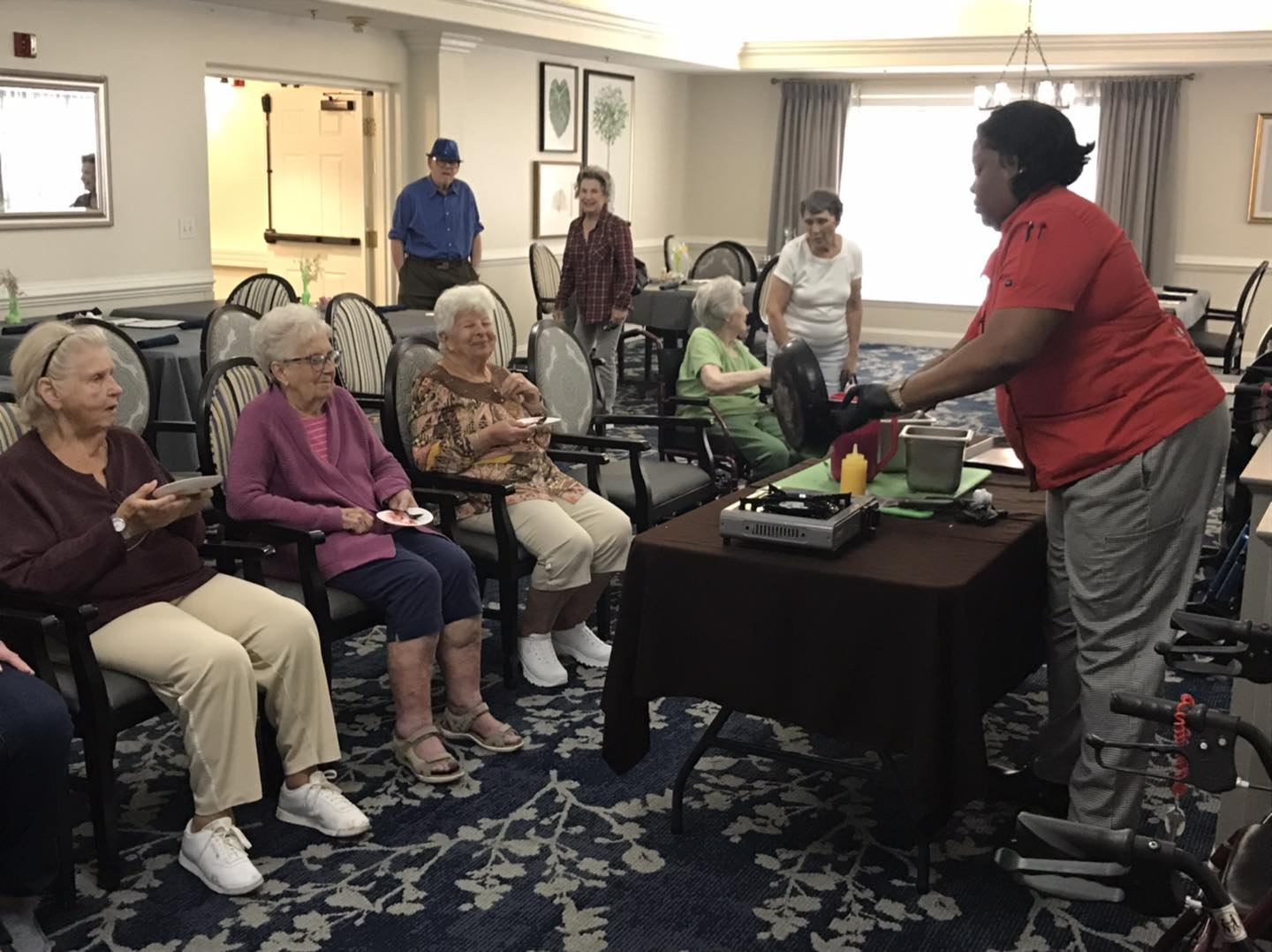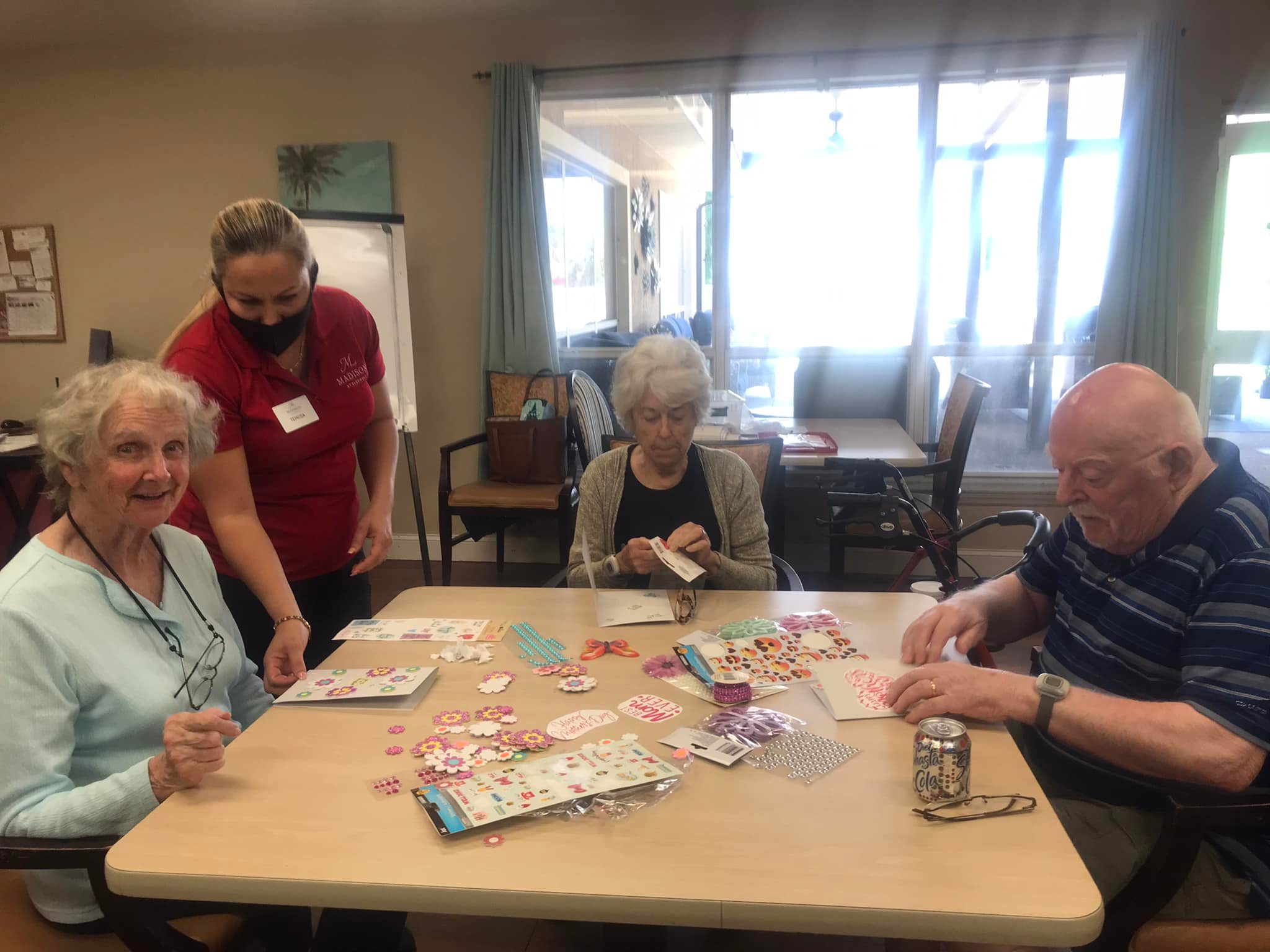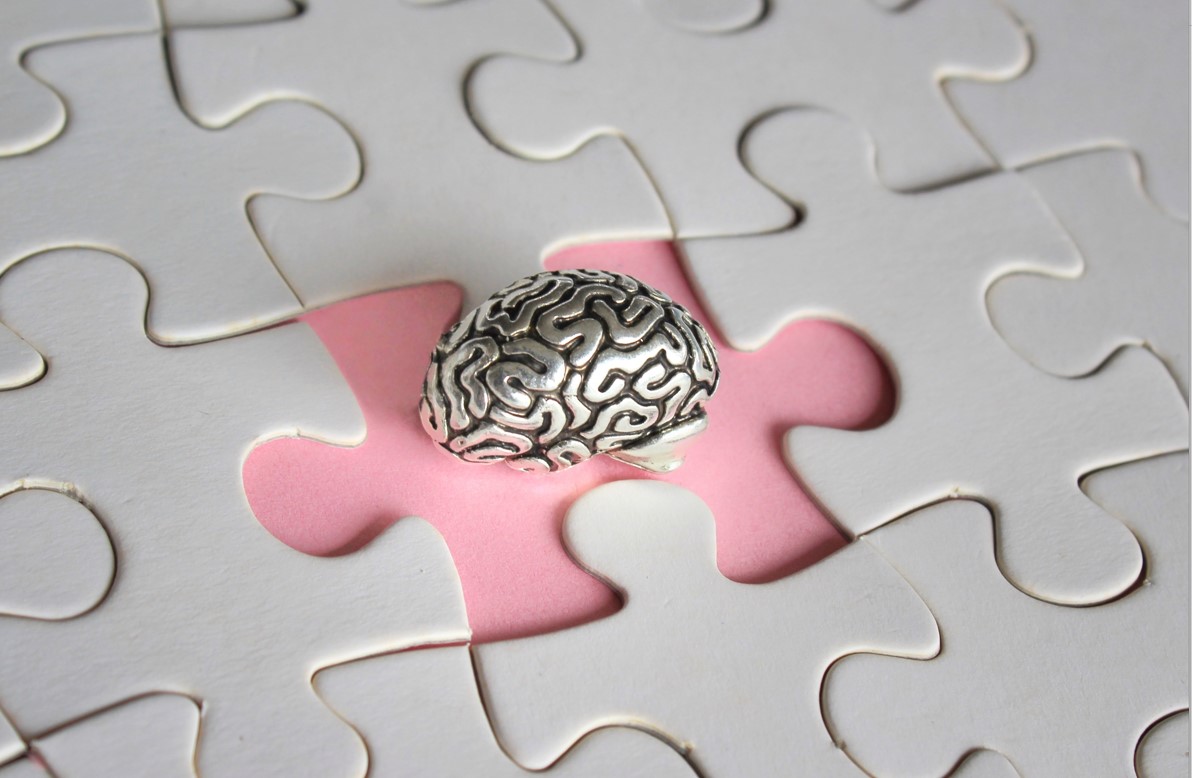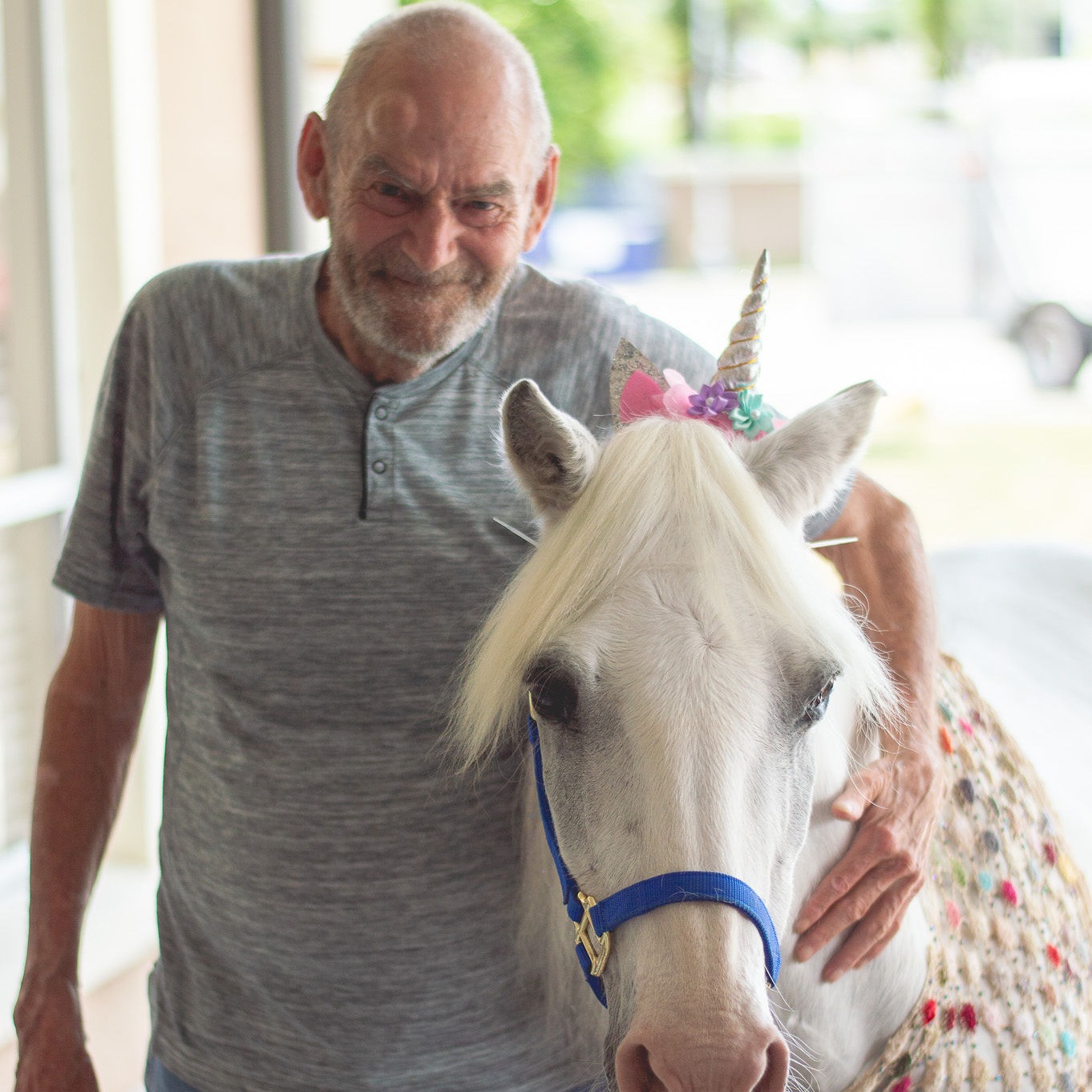As we age, maintaining optimal brain health becomes increasingly vital for a fulfilling and independent life. Cognitive wellness plays a central role in ensuring that seniors can continue to lead active, engaged, and fulfilling lives well into their golden years. In this article, we will explore essential tips and strategies to promote brain health in seniors, enabling them to enhance cognitive function and preserve mental acuity.

The aging process brings natural changes to the brain, but by adopting a proactive approach to brain health, seniors can potentially reduce the risk of cognitive decline and enhance their overall well-being. From lifestyle choices to mental activities and dietary considerations, there are numerous factors that contribute to cognitive wellness.
In the following sections, we will delve into the various aspects of brain health for seniors, providing valuable insights into understanding age-related cognitive changes, identifying signs of cognitive impairment, and exploring the impact of lifestyle choices on cognitive function. Moreover, we will examine the role of cognitive stimulation, quality sleep, and the potential benefits of brain-boosting supplements and medications.
Caring for the aging brain is not only a personal responsibility but also a collective endeavor for families, caregivers, and healthcare professionals. By fostering an environment that prioritizes cognitive wellness and embraces brain health-promoting practices, we can empower seniors to lead fulfilling lives with sharp minds and vibrant spirits.
What is Cognitive Decline and How Does It Impact Seniors?
As our loved ones age, it is natural to observe changes in their cognitive abilities. Understanding cognitive decline is crucial for family members and caregivers, as it can help us provide the right support and create a compassionate environment for our senior family members.
- Common Age-Related Cognitive Changes:
As individuals enter their later years, certain cognitive changes are considered a normal part of the aging process. These may include occasional forgetfulness, a slower processing speed, and difficulty multitasking. While these changes can be frustrating for both seniors and their families, it’s essential to recognize that they are generally a result of natural brain aging rather than a cause for immediate concern.
- Identifying Signs of Cognitive Impairment:
Distinguishing between typical age-related cognitive changes and more serious cognitive impairment is vital. Some warning signs may indicate potential cognitive decline, such as significant memory loss affecting daily life, confusion about time and place, difficulty with familiar tasks, and challenges in problem-solving or decision-making. Additionally, changes in mood, personality, and social withdrawal might also be indicative of underlying cognitive issues.
- The Importance of Early Detection:
Early detection of cognitive decline can make a significant difference in managing and treating potential conditions. If you notice persistent or concerning changes in your loved one’s cognitive abilities, it is crucial to seek professional evaluation from a healthcare provider who specializes in geriatric care or neurology. Timely diagnosis can lead to appropriate interventions, lifestyle adjustments, and potential treatments to improve cognitive function and quality of life.
- Emotional Impact on Seniors and Families:
Cognitive decline can be a daunting and emotionally challenging experience for both seniors and their families. Seniors may feel frustrated, confused, or even embarrassed by their cognitive changes, while family members may grapple with feelings of sadness and helplessness. Open and honest communication is vital during this time, allowing all parties involved to share their concerns and emotions while fostering a supportive and understanding environment.
- Nurturing a Compassionate Approach:
Approaching cognitive decline with compassion and empathy can make a significant difference in how seniors adapt to these changes. Encouraging open dialogue, active listening, and showing unconditional love can help seniors feel supported and valued despite their cognitive challenges. Remember that every individual’s journey with cognitive decline is unique, and being patient and flexible in providing care can go a long way in promoting emotional well-being.
Understanding cognitive decline is the first step towards creating a positive and nurturing environment for our senior loved ones. By staying informed, seeking professional guidance when necessary, and maintaining a compassionate approach, we can navigate this journey together, ensuring the best possible care and support for those we cherish.
What Factors Influence Brain Health in Seniors?
- Lifestyle Choices and Their Impact on Cognitive Function:
The lifestyle choices we make can significantly influence the health of our brains as we age. Engaging in regular physical activity, maintaining mental and social stimulation, avoiding smoking, and moderating alcohol consumption are all vital aspects of a brain-healthy lifestyle. Studies have shown that individuals who adopt these healthy lifestyle habits are more likely to experience better cognitive function and a reduced risk of cognitive decline (Livingston et al., 2020). Making positive lifestyle choices can contribute to building cognitive reserve, a mechanism that allows the brain to better cope with age-related changes and potential neurological conditions.
- Role of Diet and Nutrition in Cognitive Wellness:
Diet and nutrition play a critical role in maintaining brain health throughout life. Consuming a balanced diet rich in fruits, vegetables, whole grains, and healthy fats provides essential nutrients and antioxidants that support brain function and protect against oxidative stress. Research suggests that the Mediterranean diet, known for its emphasis on these nutrient-rich foods, is associated with a lower risk of cognitive decline and neurodegenerative diseases (Martínez-Lapiscina et al., 2013). On the other hand, diets high in saturated fats and processed foods may have adverse effects on cognitive health and increase the risk of cognitive impairment.
- The Importance of Physical Exercise for Brain Health:
Physical exercise not only benefits the body but also has a profound impact on brain health. Engaging in regular aerobic exercises, such as walking, swimming, or dancing, has been linked to improved cognitive function and a reduced risk of cognitive decline (Erickson et al., 2011). Exercise increases blood flow to the brain, promotes the release of neurotrophic factors that support brain cell growth, and enhances overall brain connectivity. Seniors who incorporate physical activity into their daily routine may experience better memory, attention, and executive functions, making it an essential factor in maintaining cognitive wellness.
- Managing Stress and Its Effects on Cognitive Abilities:
Chronic stress can have detrimental effects on brain health, affecting memory, attention, and emotional well-being. Prolonged exposure to stress hormones, such as cortisol, may lead to structural and functional changes in the brain, impacting cognitive function (McEwen, 2012). Seniors who learn effective stress management techniques, such as mindfulness practices, meditation, or engaging in relaxing hobbies, can mitigate the negative impact of stress on cognitive abilities. Taking proactive steps to reduce stress and promote emotional well-being can contribute to maintaining a healthy and resilient brain as we age.


Cognitive Stimulation and Mental Activities:
Engaging in lifelong learning has been shown to have significant benefits for cognitive wellness in seniors. Studies have suggested that participating in intellectually stimulating activities, such as attending educational courses, reading, or learning new skills, can help maintain cognitive function and reduce the risk of cognitive decline (Wilson et al., 2012). By actively challenging the brain through continuous learning, seniors can enhance their cognitive reserve, which may provide a buffer against age-related cognitive changes.
Brain teasers and cognitive games also play a crucial role in promoting brain health. Research has indicated that regularly engaging in activities that require problem-solving, memory recall, and critical thinking can lead to improvements in cognitive abilities (Gates et al., 2011). Popular brain training games and puzzles, such as Sudoku and crossword puzzles, have been found to enhance specific cognitive skills and contribute to overall cognitive well-being.
Moreover, the impact of social interaction on brain health should not be underestimated. Maintaining strong social connections has been associated with better cognitive outcomes in seniors. Studies have shown that active social engagement can help preserve cognitive function and reduce the risk of cognitive impairment (Fratiglioni et al., 2000). Regularly interacting with family, friends, and participating in social activities can stimulate the brain, improve mood, and foster a sense of purpose and belonging, all of which are vital for cognitive wellness in seniors.
Sleep and Brain Health:
Understanding the connection between sleep and cognitive function is crucial for promoting brain health in seniors. Adequate sleep is essential for consolidating memories and facilitating cognitive processes. Research has demonstrated that sleep plays a vital role in memory consolidation, helping seniors retain information learned during the day and supporting overall cognitive performance (Walker & Stickgold, 2010).
Improving sleep quality in seniors can have profound effects on their cognitive wellness. Creating a conducive sleep environment, maintaining a consistent sleep schedule, and practicing relaxation techniques before bedtime are some of the strategies that can enhance sleep quality (Ancoli-Israel et al., 2008). Additionally, reducing caffeine and alcohol consumption, as well as limiting daytime napping, can positively impact sleep patterns and promote better cognitive function.
Prioritizing sleep as a fundamental aspect of brain health can yield long-term benefits for seniors, not only in terms of cognitive well-being but also in maintaining overall physical and emotional health.

How Can Daily Habits Promote Brain Health?
Creating a Brain-Healthy Daily Routine:
- Consistent Sleep Schedule: Establish a regular sleep routine to ensure sufficient and restorative sleep, promoting cognitive function and emotional well-being.
- Morning Mental Warm-up: Start your day with brain-stimulating activities like crossword puzzles, Sudoku, or reading to activate your cognitive abilities.
- Physical Exercise: Incorporate regular physical activity into your daily routine, as it boosts blood flow to the brain and supports cognitive health.
- Balanced Nutrition: Opt for a well-balanced diet with brain-friendly foods, including fruits, vegetables, whole grains, and healthy fats.
- Stay Hydrated: Drink plenty of water throughout the day, as even mild dehydration can negatively affect cognitive performance.
Tips for Maintaining Cognitive Wellness at Home:
- Engage in Hobbies: Pursue hobbies that challenge your brain, such as painting, playing musical instruments, or learning a new language.
- Stay Socially Active: Regularly connect with family and friends, join clubs, or participate in community events to foster social interactions and mental stimulation.
- Limit Screen Time: While technology can be useful, excessive screen time may reduce cognitive engagement. Balance screen usage with other mentally stimulating activities.
- Mindfulness and Meditation: Practice mindfulness techniques to reduce stress and improve focus, positively impacting cognitive function.
- Continued Learning: Enroll in online courses or attend workshops to keep your mind engaged and continuously learn new things.
The Role of Physical Health in Cognitive Wellbeing:
Managing Chronic Conditions and Their Impact on Brain Health:
- Regular Medical Check-ups: Schedule routine visits with healthcare professionals to monitor and manage chronic conditions like diabetes, hypertension, and heart disease, as they can affect brain health.
- Medication Adherence: Follow prescribed medication regimens for chronic conditions to maintain overall health, which is essential for optimal brain function.
- Healthy Diet for Chronic Conditions: Adopt a diet that aligns with the specific needs of managing chronic conditions to support both physical and cognitive well-being.
- Physical Activity for Chronic Conditions: Engage in exercise routines tailored to your condition’s requirements, as physical activity can positively influence cognitive health.
Importance of Regular Medical Check-ups:
- Cognitive Screenings: Discuss the possibility of cognitive screenings during routine medical visits, especially if you or a loved one notice any cognitive changes.
- Addressing Cognitive Concerns: Don’t hesitate to share any cognitive concerns with your healthcare provider, as early detection of potential issues can lead to better management.
- Blood Pressure and Brain Health: Regularly monitor blood pressure, as hypertension can impact brain health and increase the risk of cognitive decline.
- Lifestyle Recommendations: Seek advice from healthcare professionals on lifestyle changes that promote cognitive health, such as exercise, diet, and stress management.
Remember that promoting brain health is an ongoing journey, and adopting these daily habits and maintaining good physical health can lead to significant improvements in cognitive wellness. Encouragingly, many of these tips can be easily incorporated into daily life, making brain health a realistic and attainable goal for everyone.


Promoting Brain Health at Madison at Clermont: Enhancing Cognitive Wellness in Our Community
At Madison at Clermont, we prioritize individualized attention and specialized SPIRIT programming to support the cognitive well-being of our memory care residents. Our community is designed to provide a vibrant atmosphere with a range of programs, events, dining options, and caring associates dedicated to enriching their lives.
Fostering Cognitive Activities in our Senior Living Community:
- Brain Fitness Programs: We offer tailored brain fitness programs designed to stimulate cognitive function, memory, and problem-solving skills. These activities are engaging and enjoyable, encouraging residents to remain mentally active.
- Enriching Memory Enhancement Programs: Our community features memory enhancement programs that help residents preserve and enhance their cognitive abilities. These activities are thoughtfully designed to support memory retention and cognitive health.
- Arts and Crafts Studio: Creative activities such as arts and crafts are incorporated into daily routines, providing residents with opportunities to express themselves, foster creativity, and engage in mentally stimulating tasks.
- Library and Reading Circles: We encourage seniors to participate in reading circles and discussions, allowing them to explore various topics, stimulate their minds, and maintain a sense of intellectual curiosity.
Supportive Services for Residents with Cognitive Impairment:
- Trained Memory Care Associates: Our team of 24/7 specially trained memory care associates provides compassionate and personalized care to residents with cognitive impairment. They are skilled in understanding the unique needs of individuals with memory challenges.
- Assistance with Daily Activities: We offer support with daily activities, including bathing, dressing, grooming, and toileting, ensuring that residents can maintain their independence while receiving the care they need.
- Medication Management: Our staff handles medication administration and management, ensuring that residents receive their prescribed medications accurately and on schedule..
At Madison at Clermont, we are committed to providing a nurturing environment that fosters brain health and cognitive well-being for our memory care residents. By integrating cognitive activities, supportive services, and a range of community features, we aim to enrich the lives of our residents, empowering them to continue living life vibrantly. SCHEDULE YOUR TOUR TODAY



